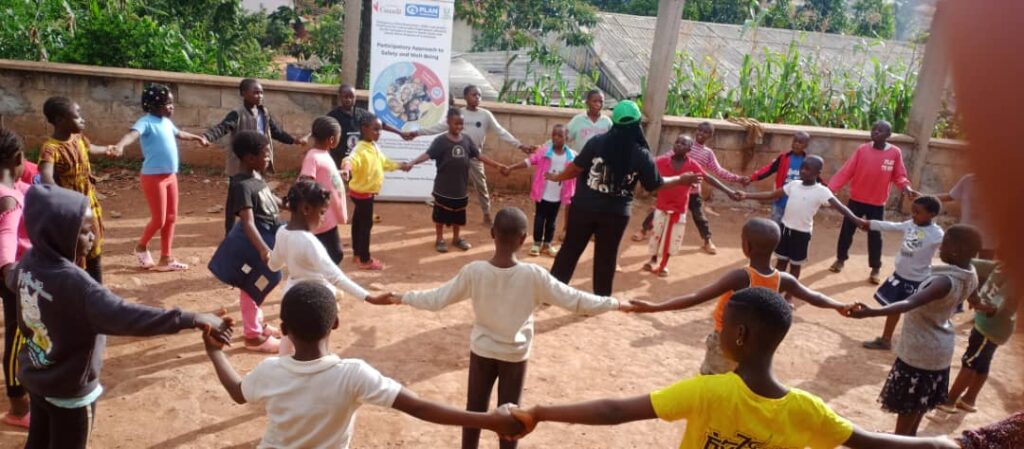The humanitarian landscape across Northwest and Southwest Cameroon is defined by a pervasive and exhausting reality: mass internal displacement. As the conflict drags on, the psychological burden on both the thousands of internally displaced persons (IDPs) and the host communities that shelter them has reached breaking point. The problem is characterized by an overwhelming sense of chronic instability, grief, and resilience fatigue, where the pervasive insecurity and loss of livelihood translate directly into acute psychosocial vulnerability. For those displaced, the emotional toll of fleeing violence, losing all assets, and living in precarious conditions is compounded by the systematic trauma of witnessing human rights abuses, creating a widespread need for sustained, comprehensive psychosocial support that goes far beyond initial crisis counseling. A strategic, large-scale, and durable intervention was required to rebuild the collective psychological resilience necessary for survival and recovery in a protracted crisis environment.
LUKMEF’s collaboration with the Swiss Embassy (September 2022–February 2024) was explicitly designed to meet this massive, pervasive psychosocial demand by scaling the response into a robust, community-level resilience initiative. The innovative strategy involved the creation and deployment of Psychosocial Support Units (PSSU) as permanent, accessible community fixtures, contrasting with more transient emergency models. This sustained approach allowed the project to achieve significant depth and scale, reaching a staggering 13,419 beneficiaries across the targeted NW and SW regions. This project was defined by its commitment to the most affected populations, successfully reaching 5,019 Internally Displaced Persons (IDPs), who gained measurable psychosocial resilience through structured, consistent support. The operational success of this model is starkly highlighted in Bangshie, a key displacement site, where the PSSU activities supported 8,234 beneficiaries, demonstrating LUKMEF’s capacity to manage and nurture large volumes of people struggling with shared trauma.
Crucially, the PSSU model ensured comprehensive inclusion, balancing reach across genders (6,905 males and 6,514 females) and targeting specific vulnerable demographics often overlooked in generalized responses. The work in emergency sites like Egbekaw and Fujua stands as a testament to this, where MHPSS was specifically provided to highly vulnerable groups, including 224+ persons with disabilities, proactively mitigating their heightened risks of violence, exploitation, and further marginalization in the chaos of displacement. This Swiss-funded framework provided a vital continuity of care, leveraging and expanding the foundational child protection work achieved under the UNICEF partnership which saw 2,522+ children accessing safe spaces and 773 caregivers trained by integrating these services into a wider community resilience strategy. Through the PSSU, group therapy sessions and non-formal education were interwoven, transforming sites from places of mere temporary relief into dynamic centers of collective healing and skill-building.
The impressive scale of this intervention cemented LUKMEF’s reputation for rights-based, large-scale psychosocial programming, ensuring that a vast segment of the conflict-affected population received the necessary support to withstand the psychosocial strains of the crisis. By anchoring MHPSS within the heart of these communities, the Swiss Embassy project not only served its 13,419 beneficiaries but powerfully contributed to the overall LUKMEF target of over 18,722 individuals, paving the way for the future integration and localization goals set forth by the GAC-funded efforts, which will target an additional 3,874+ children.

